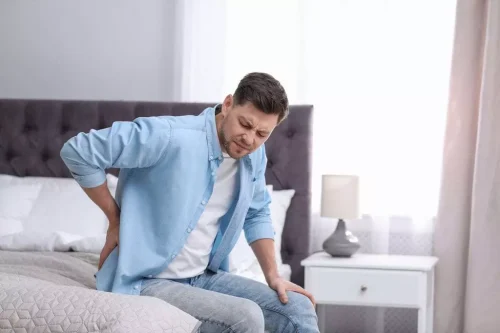
Underlying health conditions, such as depression, anxiety, or sleep disorders, can also impact the recovery process. Alcohol may offer temporary relief from stress, but it exacerbates anxiety and depression in the long run. Quitting alcohol is likely to offer substantial benefits for mental health.
Lifestyle
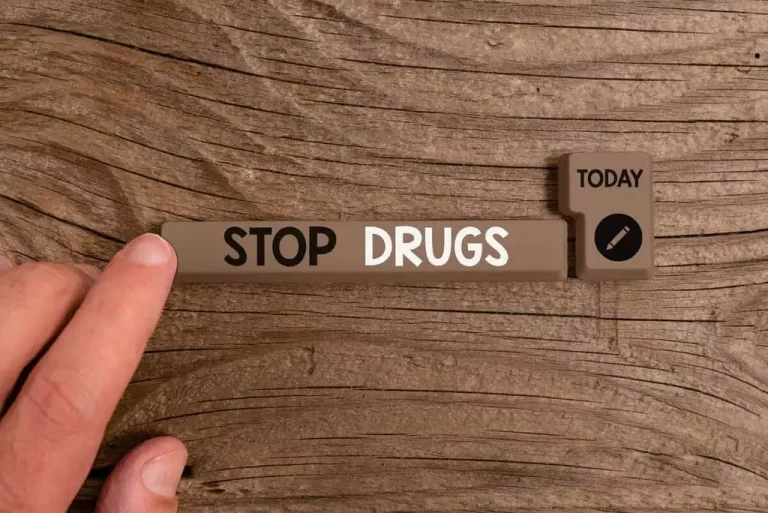
Although alcohol may help you fall asleep at first, it will wake you up later in the night. If you’re struggling to sleep, there are a few things you can do to try and break the cycle of drinking yourself to sleep. First, avoid drinking alcohol for at least four hours before bed. This will give your body time to metabolize the alcohol and hopefully allow you to fall asleep without it. Find a routine and stick to it, try some natural sleep aids, avoid caffeine before bed, get some exercise, and create a relaxing bedtime ritual. If you’re still struggling to sleep, talk to your doctor about other options such as medication or therapy.
- It’s important to note, however, that these are usually a short-term solution and should be used under a healthcare provider’s guidance.
- These practices can help quiet your mind and make it easier to fall asleep naturally.
- Thinking thoughts like “that was my last drink” is common, and the good news is – that truly can be the last time you drank.
- There are also some relapse-prevention medications that can help promote sleep.
Practice Relaxation Techniques
By revising the belief that alcohol helps you relax, you have the power to change your desire. The cost of this belief can be high; it shapes how we think and feel about sobriety. Many people who stop drinking often struggle with lingering doubt, questioning whether they can ever truly relax without alcohol. This can make sobriety feel like https://ecosoberhouse.com/ a loss rather than a choice for better well-being.
Get a Good Night’s Sleep Without a Nightcap
When you shift the belief that alcohol is the key to relaxation, something beautiful begins to unfold. The evenings you once thought would feel empty without a drink shift into opportunities for true, meaningful rest. The constant pull of temptation that used to dominate your thoughts starts to fade, replaced by a deeper sense of calm and control. You no longer rely on a drink to signal the end of the day or provide relief from stress. Instead, you get to experience moments of real clarity, where your mind isn’t clouded and your body isn’t dealing with the aftereffects of alcohol.
This means you’ll probably end up running to the bathroom more often during the night. Sure, at first you feel cozy, warm, and relaxed – perfect for sleep. Alcohol can make you sleepy initially, by influencing your brain function. However, booze also has a significant impact on your sleep pattern. Your sleep debt is compared against your sleep need — which is the amount of sleep you need. Your sleep need is determined by genetics and it varies from person to person.
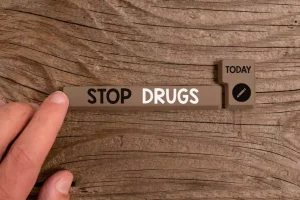
Make your bedroom dark, cool, and quiet for optimal sleep conditions. This might include investing in a comfortable mattress—and if you’re sensitive to light and sound, blackout curtains or earplugs. Without proper treatment, returning to alcohol use may seem to be the only solution. Taking any other substances that have a sedative effect should be avoided unless a doctor prescribes them. At the beginning of the NREM cycle, within seconds to just a few minutes after nodding off, alpha and theta brain waves cause eye movement to slow down. This is a stage of light sleep where the individual can be easily woken.
- From month-long sobriety challenges to the Sober Curious movement, more and more people are taking a closer look at the role alcohol plays in their lives.
- Caffeine is a popular stimulant found in coffee, tea, chocolate, and energy drinks.
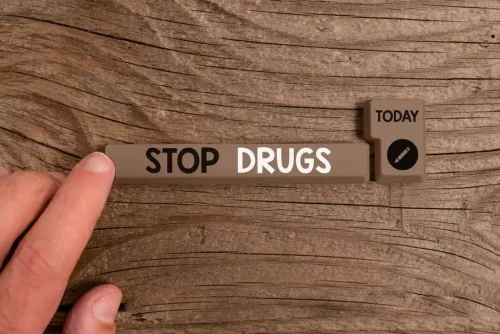
It begins with challenging the beliefs that have held you back—those that make you feel like alcohol is the only path to relaxation. Understanding how to rewire these beliefs can be a game changer, not just in how you handle stress, but in how you experience life overall. By embracing a mindset shift, you’ll unlock new levels of peace and control, allowing you to approach sobriety with confidence rather than resistance. And as an ex-daily drinker, I’m also speaking from my own experience. For years, I believed that a drink was essential for winding down, but once I let go of that belief, everything changed.
- Notice all the tension melt away from your body, leaving you in a full meditative state.
- Alcohol can cause inflammation and damage to your liver when used heavily over prolonged periods.
It may help to explore some alternative options for stress relief. As with any sleep aid, natural or otherwise, it’s crucial to use them responsibly and as part of a broader approach to improving sleep hygiene. With that said, I don’t recommend benzodiazepines for anyone except under medical care during severe withdrawal. I stopped taking it after about a week because it made me feel extremely groggy the next day. My own continuing insomnia gave me the motivation to slowly discover the gentler remedies contained on this list.
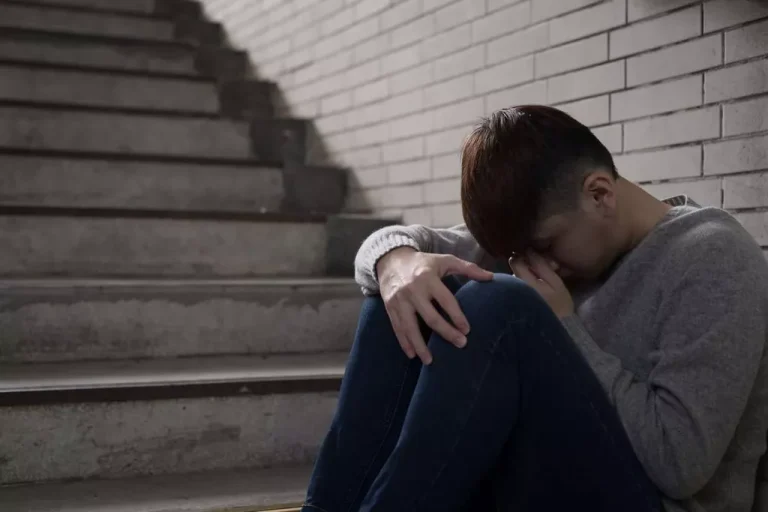
Understanding Why You Can’t Sleep After Quitting Alcohol
- That’s why in my work with clients, we focus on reducing cravings by rewiring their beliefs.
- Calming activities like these allow the brain to produce more serotonin.
- A great first step is to speak with a therapist, trusted loved one, or a primary care doctor about your desire to make a change.
- Physical activity promotes better sleep by helping to regulate mood and decompress the mind.
- Thankfully, these effects are temporary and subside as the body gradually acclimates to the absence of alcohol.
- The good news is that you’re not powerless to change your situation.
At first, it’s not going to be easy to change the routine, but over time, you’ll develop a healthier schedule which doesn’t rely on booze. This means talking to a professional about strategies to overcome your how to sleep without alcohol sleep disorder. If you struggled with things like restless leg syndrome, snoring, or sleep talking, there may be a sleep disorder at the heart of your problem.
However, towards the end of the first week, many individuals start to notice early signs of sleep improvement. They may find it easier to fall asleep naturally and experience fewer night-time awakenings. While these improvements may be subtle, they are the first indicators of the body’s healing process. Because of the damage that alcohol can do to your sleep cycles, sleep problems are common, even if you stop drinking. However, you may continue to have trouble sleepingfor yearsafter you stop drinking.